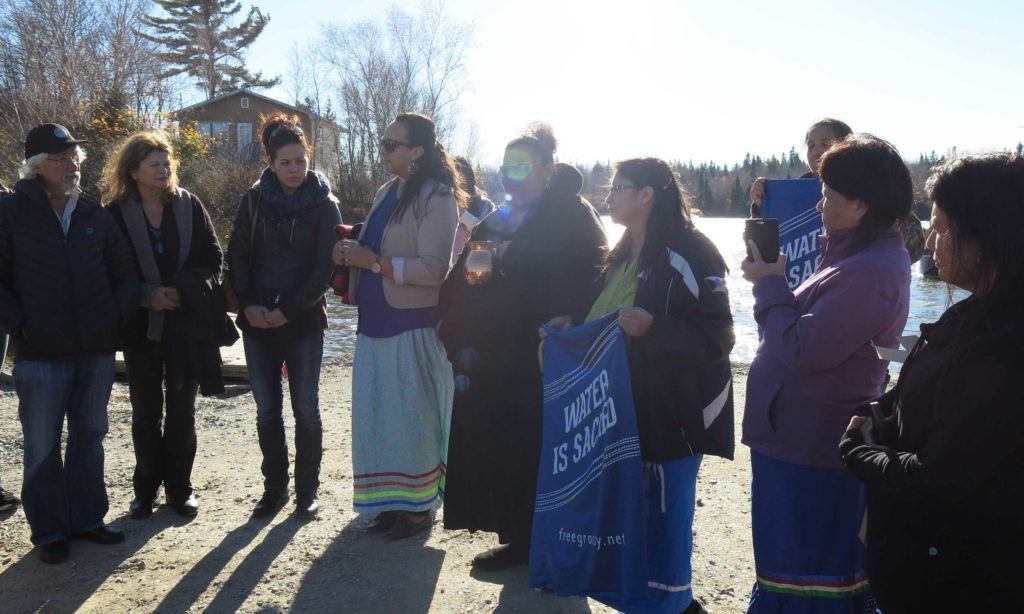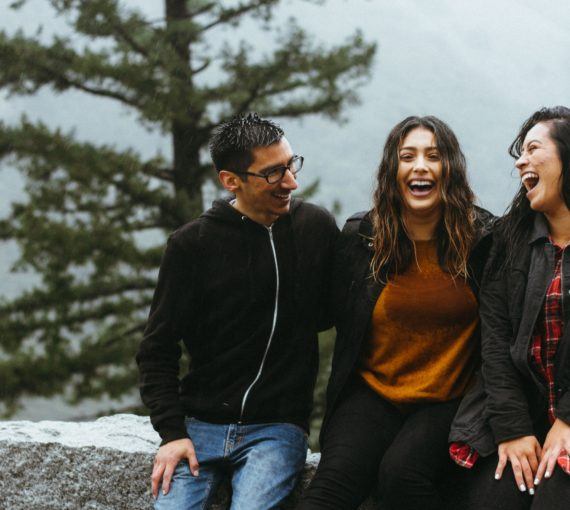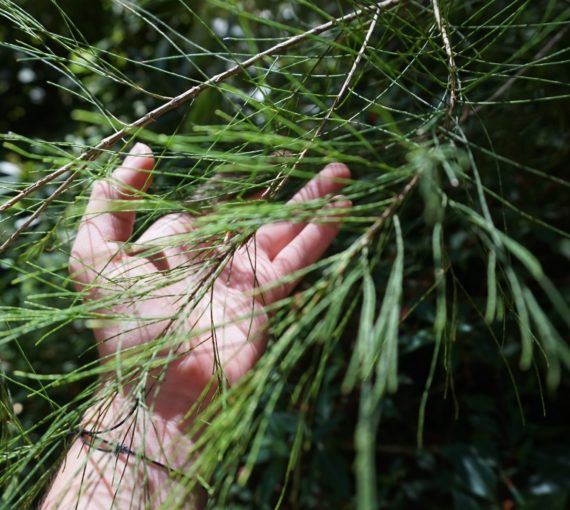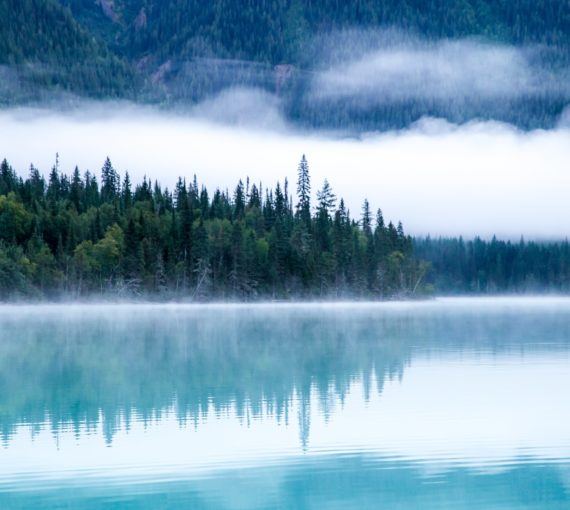
During the Blue Dot Tour, David Suzuki Foundation founders and staff met with the Shoal Lake 40 First Nation to discuss the right to clean water.
People living on First Nations reserves are 90 times more likely than other Canadians to lack access to running water. In the lead-up to the election, the David Suzuki Foundation, along with a number of First Nations communities and other organizations, urged each party to commit to end the drinking water crisis in First Nations communities once and for all. Canada’s Prime Minister-designate Justin Trudeau promised on the campaign trail to end boil-water advisories in First Nations communities in five years.
What advice would I give Trudeau to help him fulfill this promise? I can sum it up in one word: relationships.
As the previous government often voiced, federal resources have been put toward the issue of unsafe drinking water in First Nations communities. In fact, the past decade has seen a First Nations Water Management Strategy (2003-2008), a two-year Plan of Action for First Nations Drinking Water (2006-2008), Expert Panel Recommendations on Safe Drinking Water for First Nations (2006), the First Nations Water and Waste Water Action Plan (2008-2012) and Bill S-8, the Safe Drinking Water for First Nations Act, which was passed in 2013. Each initiative had an associated budget.
For various reasons, including inadequate consultation, insufficient capacity within communities to implement plans, confusion over roles and responsibilities of government agencies, lack of long-term strategies and not enough measurable indicators for safe water management, past initiatives have not been successful. Unsafe drinking water in First Nations communities across Canada remains a national crisis.
As of July 31, 2015, 133 drinking water advisories were in effect in 93 First Nations communities across Canada, excluding British Columbia. As of August 31, 2015, 27 drinking water advisories were in effect in 23 First Nations communities in British Columbia.
I have spent time in several First Nations communities in Northern Ontario where drinking and cooking water was distributed in half-litre water bottles. People were afraid to take showers because of the potential resultant skin rashes. Neskantaga has been under a boil water advisory for over 20 years. Can you imagine a situation like this not being addressed immediately in your city or town?
If Prime Minister-designate Trudeau is to address this complex issue with more success than his predecessors, he must realize that solutions cannot be imposed on communities. Rather, conversations must take place in government-to-government forums in partnership with First Nations. Government staff must develop relationships with the communities, working together to ensure that mutually beneficial goals are developed, sufficient capacity is in place to deliver plans and treaty rights and First Nations’ jurisdictional authority are respected.
Plans must be co-developed that address each community’s specific capacities, vulnerabilities and strengths; i.e., what would effective training programs look like in this community? Do pipes need fixing? Or a water plant? Or an entire watershed (as is the case in Grassy Narrows)?
Ultimately, Canada’s failure to deliver this basic human right to Indigenous communities is not a First Nations problem; it is a national shame. We’ve seen that our future prime minister can hold his own in the boxing ring. Canada desperately needs him to uphold his safe drinking water promises to remove this reputational black eye.
Our work
Always grounded in sound evidence, the David Suzuki Foundation empowers people to take action in their communities on the environmental challenges we collectively face.



